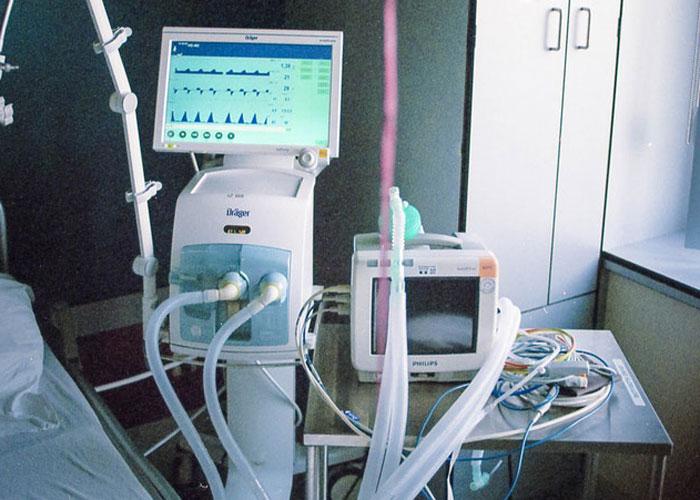ALBANY – Senator Michelle Hinchey’s (D, Saugerties) bill to identify healthcare deserts through the Hospital Transparency Act passed the State Senate on Monday, along with a package of legislation to bolster access to reproductive rights and improve maternal health outcomes. The Hospital Transparency Act (S1003A) would require the State Department of Health to collect and annually publish policy-based exclusions from all New York general hospitals on its website and require hospitals to disclose these exclusions as part of its Patients’ Bill of Rights.
The bill would also require the health department to publicly report on the impact of service denials, with a focus on variations in access based on community, race, ethnicity, and socioeconomic status.
Policy-based exclusions are healthcare services that hospitals are licensed to deliver but choose not to provide. In recent years, policy-based exclusions have primarily removed reproductive, gender-affirming, and end-of-life care, leaving New Yorkers without access to these important services.
“New Yorkers need to know what healthcare services are available at their local hospital and whether essential services like reproductive care have been removed from their community due to hospital policies,” Hinchey said. “My bill, the Hospital Transparency Act, will finally confront the alarming wave of disappearing services we’ve seen in recent years and help us shed light on the healthcare deserts they’ve created, which significantly impact rural communities where access to healthcare has always been limited.”
Hinchey’s bill aims to pinpoint healthcare deserts in the state and lay the groundwork for improving access to care by informing future legislation and funding support targeted to close disparities. The bill would also give people the tools to determine if local healthcare facilities offer the care they need prior to admission, empowering people to make informed and potentially life-saving decisions about where to obtain care.








